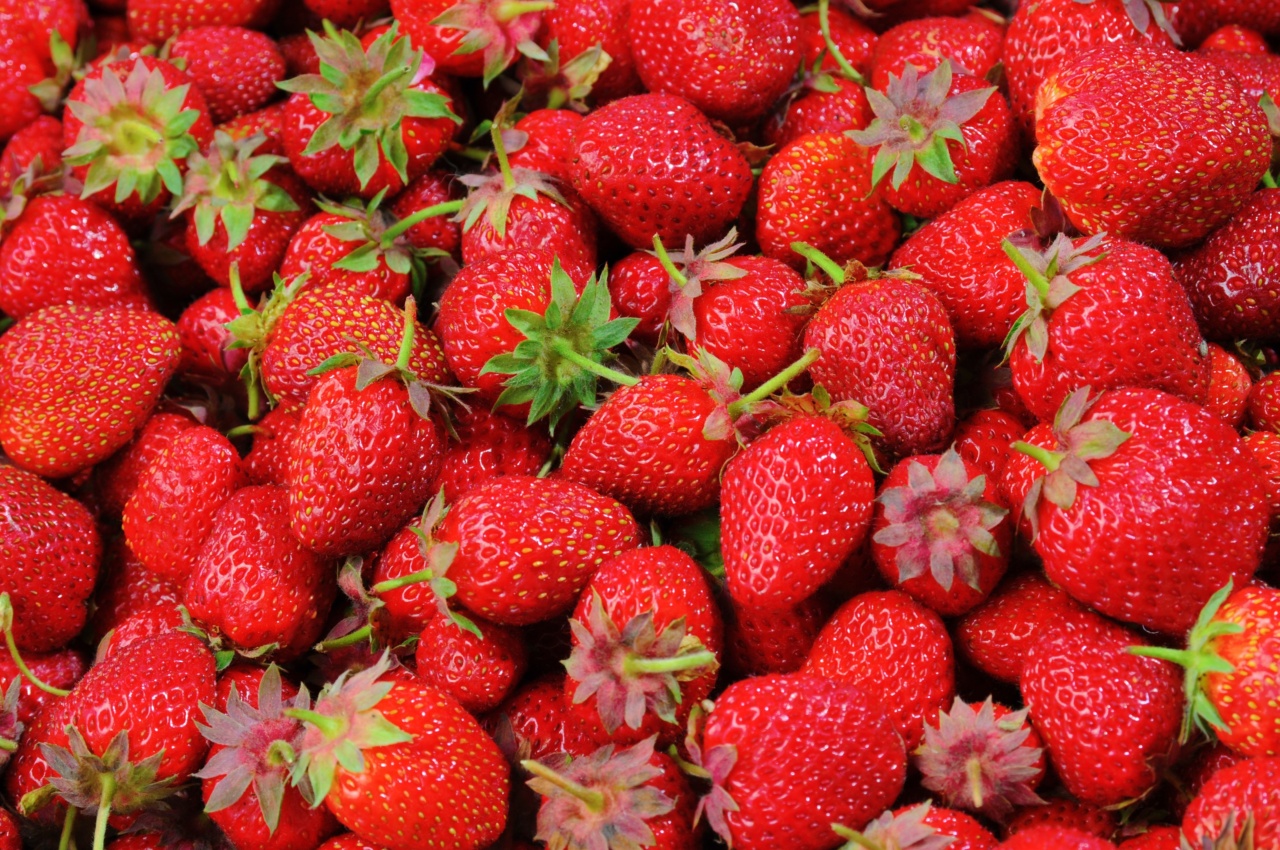During pregnancy, an expectant mother’s body has different nutrition needs that should be met to ensure her baby’s healthy growth and development.
Eating a healthy pregnancy diet is vital for pregnant women to get the necessary nutrients their body needs.
Why is a healthy diet important during pregnancy?
A pregnant woman needs enough energy and nutrients to support her baby’s growth and development over nine months.
A poor diet during pregnancy can lead to an increased risk of complications such as preterm delivery, low birth weight, birth defects and gestational diabetes.
A balanced diet containing a variety of nutritious foods can help to prevent these complications and provide expectant mothers and their babies with enough nutrients for each stage of their pregnancy.
What should a healthy pregnancy diet look like?
A healthy pregnancy diet must be balanced, varied, and provide an adequate amount of nutrients needed for the developing baby. Here are some guidelines on what should be included:.
1. Fruits and vegetables
Fruits and vegetables are power-packed with essential vitamins and minerals that are necessary for a healthy pregnancy diet.
Pregnant women should aim to consume at least five servings of fruits and vegetables a day, including citrus fruits, leafy greens and berries. These foods are rich in vitamins C, A, and K, and folate, which help to develop the baby’s brain and nervous system and reduce the risk of birth defects.
2. Whole grains
Whole grains such as whole wheat bread, brown rice, oatmeal, and quinoa are rich in fiber, iron, and B vitamins, which help to maintain healthy blood sugar levels and provide energy.
Pregnant women should aim to consume at least six servings of whole grains a day.
3. Lean protein
Pregnant women need more protein during pregnancy to support their baby’s development. Good sources of lean protein are chicken, turkey, fish, dairy products, beans, almonds, and tofu. Aim to consume at least three servings of protein per day.
4. Dairy products
Dairy products such as milk and cheese are great sources of calcium, which is essential for the baby’s teeth and bone development. Pregnant women should aim to consume at least three servings of dairy products a day.
5. Healthy fats
Healthy fats such as nuts, seeds, fish, avocado, and olive oil provide essential fatty acids that are important for the baby’s brain and eye development. Pregnant women should aim to consume at least four servings of healthy fats per day.
6. Hydration
Drinking enough water during pregnancy is vital to keep the body hydrated and maintain a healthy pregnancy.
Pregnant women should aim to drink at least eight to ten glasses of water per day, and avoid sugary drinks and caffeine-based beverages as much as possible.
What foods should be avoided during pregnancy?
Some foods should be avoided or limited during pregnancy to avoid foodborne illnesses and ensure a healthy pregnancy:.
1. Raw or undercooked meat and eggs
Raw or undercooked meat and eggs can carry harmful bacteria that can cause infections during pregnancy. These foods should be cooked to a safe internal temperature to avoid foodborne illnesses.
2. Certain fish
Certain types of fish such as shark, swordfish, king mackerel and tilefish contain high levels of mercury, which can be harmful to the baby’s nervous system.
Pregnant women should avoid these types of fish and limit consumption of other fish to no more than two servings per week.
3. Raw or undercooked sprouts
Raw or undercooked sprouts such as alfalfa and bean sprouts can contain harmful bacteria that can cause infections. These foods should be cooked thoroughly to avoid illness.
4. Processed and junk foods
Processed and junk foods such as chips, candy, and sugary drinks provide empty calories and can lead to weight gain and other complications during pregnancy.
These foods should be limited just like they should be in general diet, instead opt for healthier alternatives.
Conclusion
Eating a healthy pregnancy diet is essential for both the mother and developing baby.
Pregnant women must maintain a balanced diet containing a variety of nutritious foods and avoid or limit certain types of food to prevent foodborne illnesses and ensure a healthy pregnancy. If you have any concerns about your pregnancy diet consult with your healthcare provider.




























